Labor Release Forms
By Diane Dennis
Do Labor Release Forms Protect You?
Very probably NOT!
Watching out for your customer's best interest
As a Direct Contractor who watches out for his customer's best interest you're collecting labor release forms regularly from your Sub(s) throughout the project.
Everything seems fine and there's probably no way for you to know that something is amiss.
Unbeknownst to you the amount of time/labor that one of your Subs projected for his work was too low. He knew he had to finish his part of the project on time to avoid penalties so he had his employees put in overtime to finish his portion of the project on time.
It was definitely going to cost him more than he had originally planned but there was no change order involved because it was his mistake; he had to eat the extra costs.
What Did The Subcontractor Do To Cut His Costs?
Well, first of all since the Sub didn't include in his bid the actual labor needed, he had to figure out how to stay on schedule to avoid any overages/late charges/etc.
Since his guys were already working 8 hours every day on the job they had to start working overtime hours to get the job done on time.
So to cut costs the Sub decided to pay his employees their regular straight time paychecks that they normally get and then their overtime hours in cash – but at straight time rates.
That saved the Sub all of the expense associated not only with the overtime portion of those hours but with those hours overall. The Sub didn’t report that he paid his guys in cash for obvious reasons so all of those hours went completely unreported.
In the end the Sub ended up getting back some if not most of his overages but it was at the expense of his employees.
The Sub then had the employees sign the labor release form stating that they had been paid properly and in full for the particular time frame that the release was for.
The employees need their jobs and they all knew that there were at least 5 guys lined up to take their positions if they were fired/laid off. So out of concern of losing their jobs they signed the labor release form.
The Sub then gave that signed labor release form to you.
Are You At Risk - Even Though You Have The Labor Release Form From Your Sub AND You Don't Know That It's Fraudulent?
For some states the answer could be a resounding YES.
You give the labor release forms from your Subs to your customer, put a copy in your own files, and go on about your business.
Sometime later one of the Sub's disgruntled and/or ex-employees files a complaint with the labor board that he wasn't paid properly, and he also files a mechanic's lien against the Owner's property (some states give laborers that right).
The labor board does everything they can to get the wages out of the Sub but he just plain doesn't have the money. The labor board gives up on trying to collect from him although they probably plan on going after him.
Now here's where Direct Contractors are at risk:
Using California as an example, Labor Code Section 218.7 clearly states that a Direct Contractor assumes all liability for any debt owed to its Subcontractor's employees.
In addition the law states that the property of the Direct Contractor may be attached for the payment of any judgment!
That's a HUGE risk the Direct Contractor is now facing – not just being required by law to pay the wages even though he paid them through the Subcontractor once already but now he's also at risk of losing his own property.
The New York State DOL for the most part holds that GC's are responsible for their Subcontractors' employees' wages (but they did just recently, after several appeals, decide that a particular GC was not responsible (the findings were based on the results of a federal test)).
What happens if you don't have the money to pay your Sub's employees? I strongly advise that you check with an attorney on this.
So Are You Or Are You Not Legally Responsible For Your Subcontractor's Employee's Wages?
That's something that you'd need to speak about with a construction attorney in your area to learn more. Possession of labor release forms is not enough in some states and may not be in other states.
There will be differing laws in different states. In another article I'll discuss the laws for public works projects should you find yourself in that situation.
Setting aside whether or not you are legally responsible for your Sub's employee's wages, chances are that your contract with your customer has a clause that states that you will keep your customer's property free of liens that could be incurred due to the project.
But that laborer is not going to release his lien from your customer's property without being paid his wages. That puts you in breach of your contract with your customer.
At this point it really doesn't matter whether or not it's your responsibility to pay your Sub's employees (if your Sub doesn't pay them).
Why?
If you don't make sure that the employee gets paid then, because of that laborer's lien, you are going to have one very unhappy customer gearing up to sue you.
And on top of all remember that the government entities may be coming after you to pay the employees since they haven't been able to get the money out of the Subcontractor (should the law in your state be that you're responsible).
Is The Owner At Risk Since He Obtained Labor Releases From You For All Of Your Subcontractors?
Once again the answer can be a resounding YES!
Remember the mechanic's lien mentioned above that the laborer filed?
Again using California as an example there is a notice that the Direct Contractor is required by law to provide as part of his contract with his customer.
Within that notice is the following:
“Even if you pay your contractor in full, unpaid Subcontractors, suppliers, and laborers who helped to improve your property may record mechanics liens and sue you in court to foreclose the lien.”
If the laborer exercises his legal right and files a mechanic's lien on the Owner's property that will seriously hinder the Owner from obtaining loans and he could be at risk of the laborer enforcing the lien and forcing the sale of the Owner's home.
The only way around that would be for the Owner to cough up the laborer's wages even though he paid for them once already.
Yes the Owner can sue you, and probably would, but he'd still have to pay the lien (the wages) and then go to court and try to win a judgment against you (and you in turn would be trying to get a judgment against the Subcontractor).
But The Laborer Signed The Release Form - Shouldn't He Be Bound By It?
First of all remember that the laborer signed the release form even though he wasn't paid properly – because he was afraid that he'd lose his job if he didn't sign it.
Some states have laws in place that cause the labor release form to become null and void should the employer cause the employee to sign it even though the employee hasn't been paid.
Although the employee pocketed the cash and signed the release he's still the wronged party and the Sub making him sign a labor release when the Sub knew it wasn't true can cause the labor release to be not valid.
Again using California as an example (but check your state to see what its rules are) there's a clause in the law that directly addresses what happens when a laborer/employee signs a labor release form even though he hasn't been paid.
California Business & Professions Code 7110.1:
7110.1 The requiring of an execution of release of any claim or the causing of the execution of any such release in violation of Section 206.5 of the Labor Code is a cause for disciplinary action.
You'll notice that 7110.1 refers to the California Labor Code 206.5
California Labor Code 206.5.
206.5(a) An employer shall not require the execution of release of a claim or right on account of wages due, or to become due, or made as an advance on wages to be earned, unless payment of those wages has been made. A release required or executed in violation of the provisions of this section shall be null and void as between the employer and the employee. Violation of this section by the employer is a misdemeanor.
(b) For purposes of this section, “execution of a release” includes requiring an employee, as a condition of being paid, to execute a statement of the hours he or she worked during a pay period which the employer knows to be false.
In some states when a Direct Contractor pays his Sub for the materials on the job and then accepts a lien waiver/release form (different than a labor release form) from the Sub for the Sub's Supplier and it's later found out that the waiver/release form was forged the DC ends up having to pay the Supplier for those materials a second time.
Why?
Because when the waiver/release form isn't valid that means that the Supplier still has lien rights. The Direct Contractor has no other option than to pay for the materials a second time to protect the Owner's property from liens.*
It very much stands to reason that the labor release form could have the same problem. It's not a valid release form so it makes sense that it could fall the same way the lien waiver/release forms do.
* The DC will probably sue the Sub (if the Sub hasn't disappeared) but that doesn't keep the DC from his obligation of making sure the property stays clear of liens (which means paying the Supplier a second time).
Pulling It All Together
Even if the Direct Contractor disagrees that he should have to pay the laborer's wages (and related taxes, insurances, etc.) he may find that it's less expensive to pay the laborer than deal with the Owner, a legal suit, and the government.
So even if you win the battle about not being responsible for the wages if the laborer doesn't get paid he's filing a lien. If you don't pay him his wages before he sends the lien notice to your customer you very well may lose the war.
Of course at some point you'll probably want to look at suing the Subcontractor if you can find him. But be sure to weigh out the costs of a legal suit versus just letting it go, as difficult as that is.
Check with an attorney for your state to find out what happens if the employee of a Subcontractor doesn't get paid even though you paid the Subcontractor.
And remember to verify those release forms somehow. Maybe another question for your attorney is how to best protect yourself from the risk of fraudulent releases.
And to you Subcontractors reading this, remember this applies to you as well if you have Subs or if labor releases should happen to be needed from your Supplier.
-----
Please note that in this article I've referenced Direct Contractor a lot. You guys have many different “monikers” depending on what state you're in. So far I have Direct Contractor, General Contractor, Original Contractor, Prime Contractor, and then of course Subcontractor. How many more are there? Do you know any different ones?
New! Comments
Please leave me your comments below. Facebook doesn't notify me of comments but I'm tickled when I come across them and I always respond when I see them.Back to the top of this page: Labor Release Forms - Are They Valid?
Back to the home page: Construction Project Management at InformedContractors

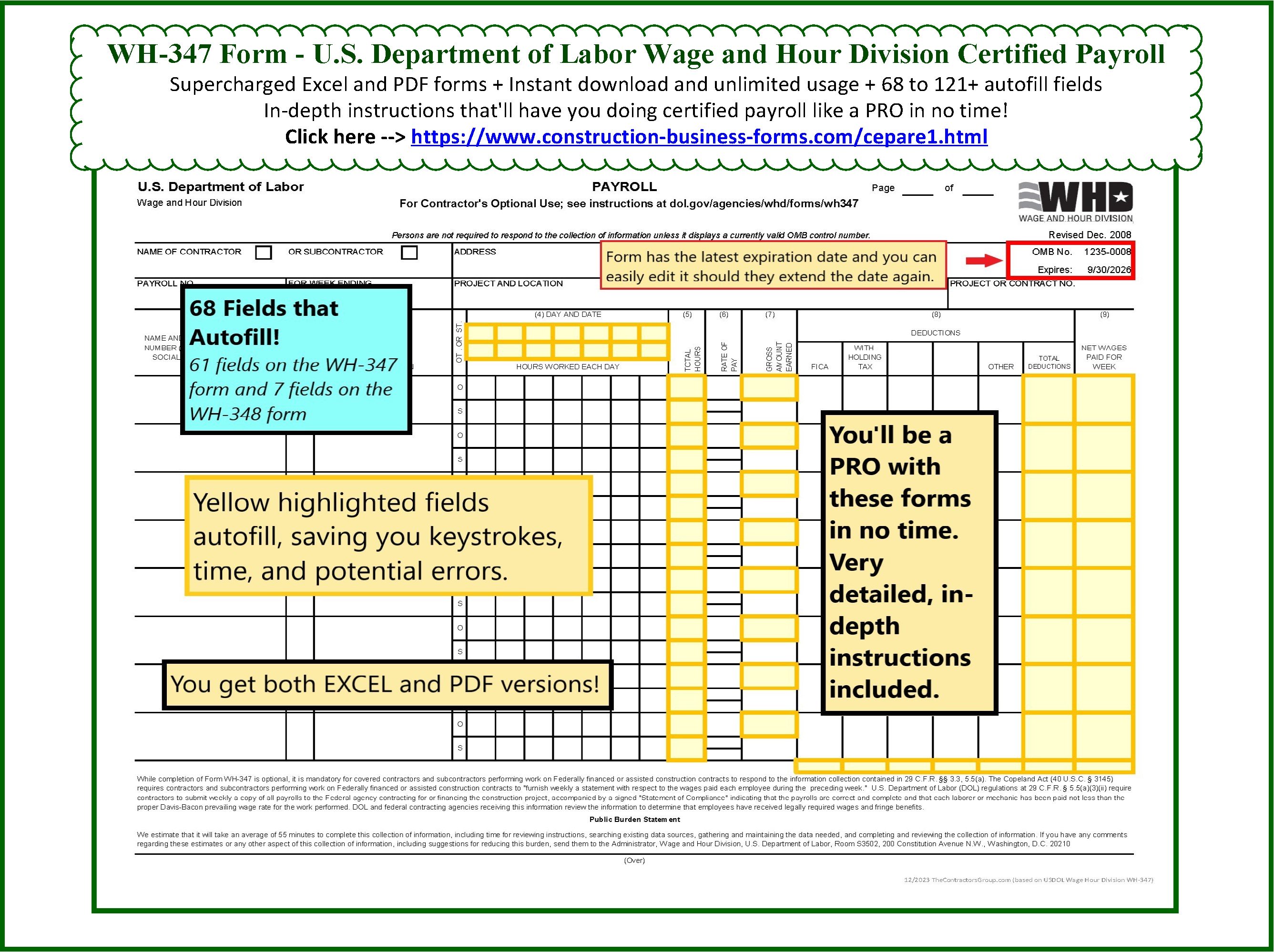
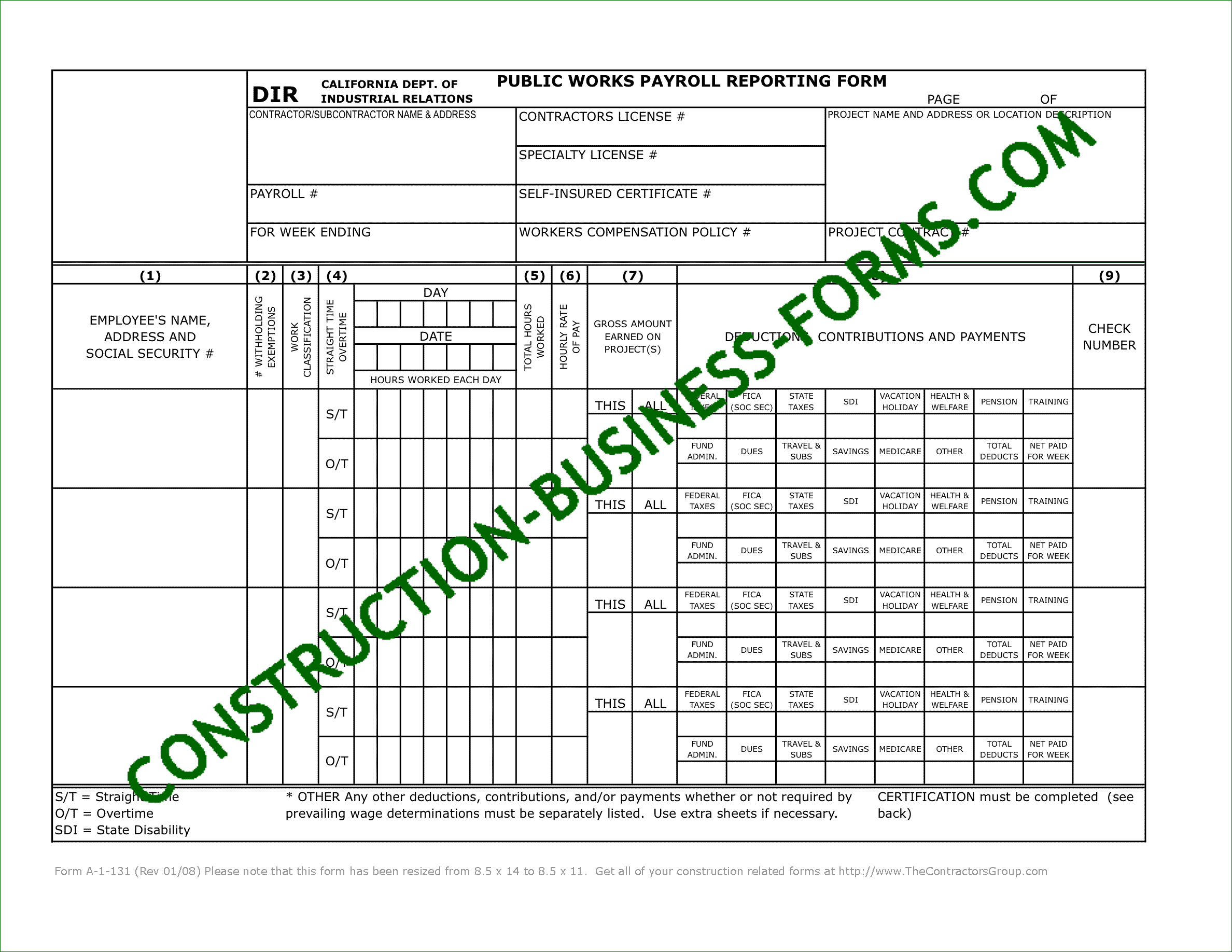
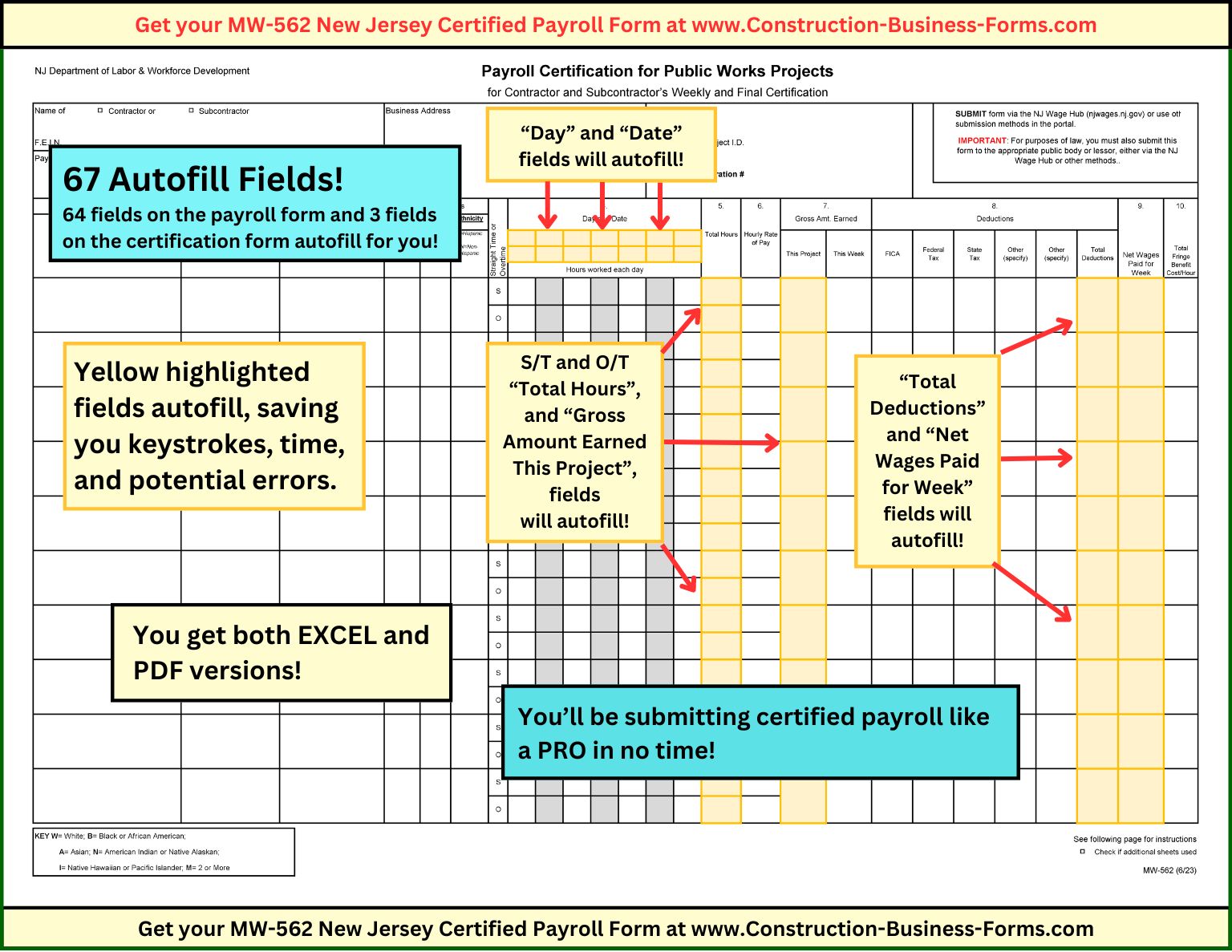
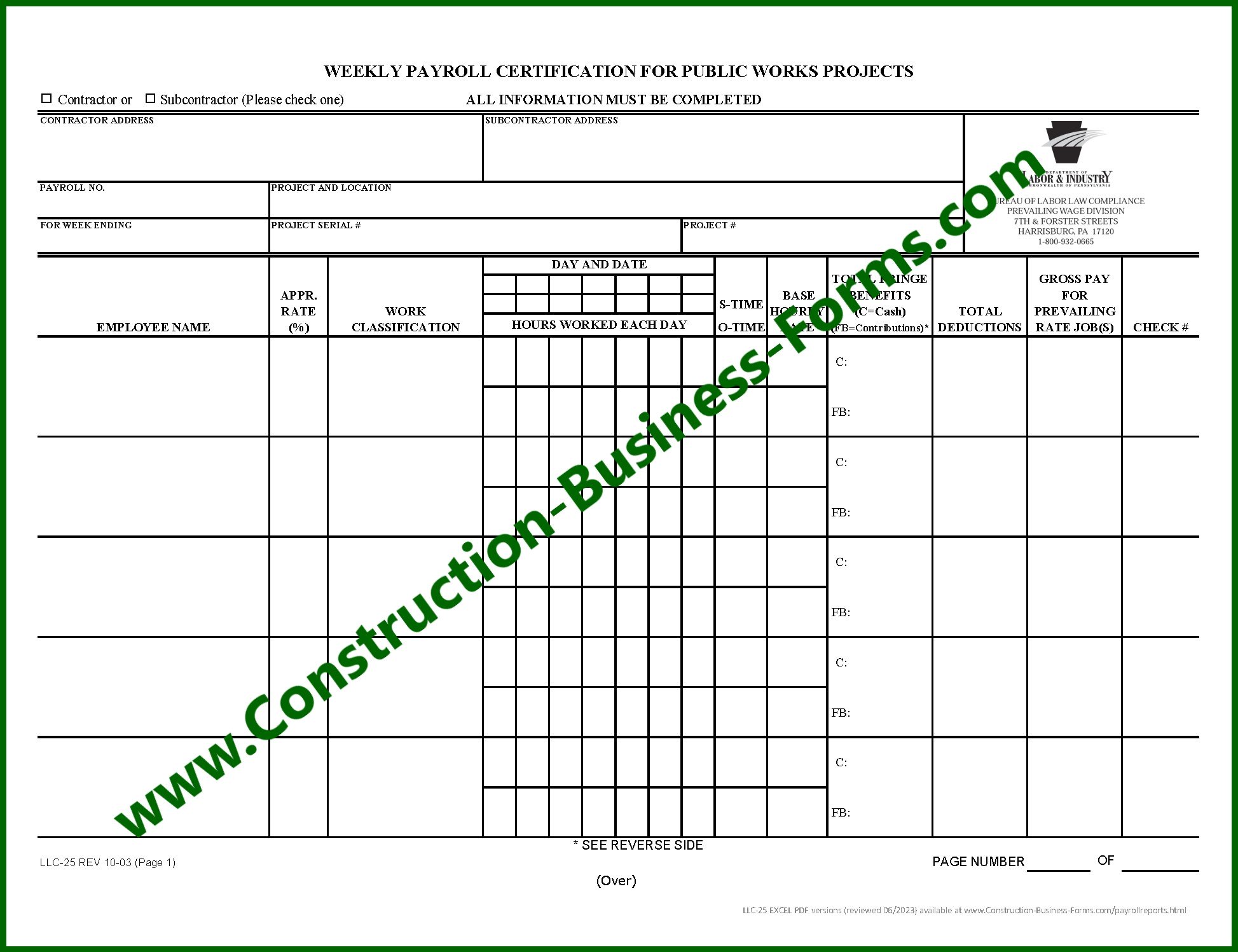
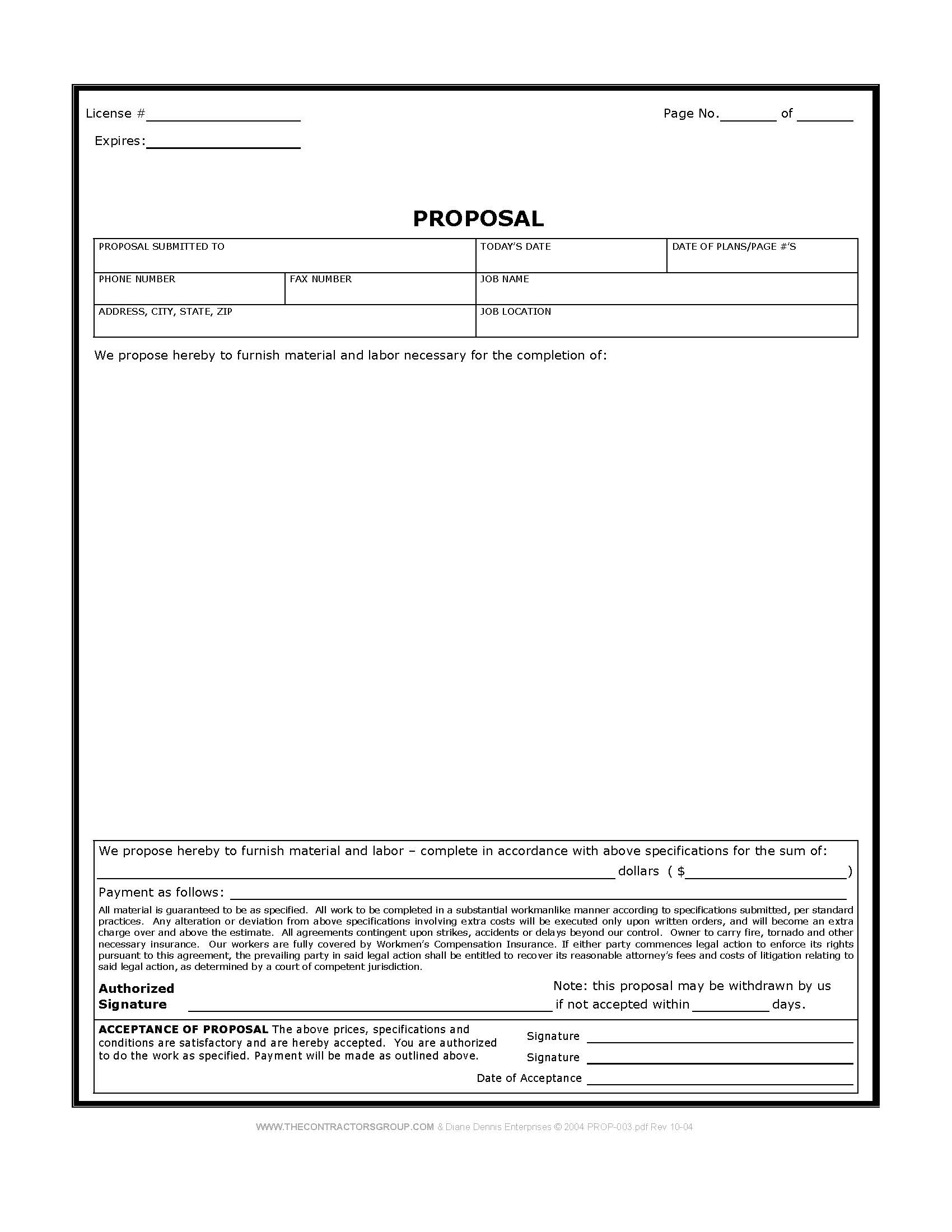
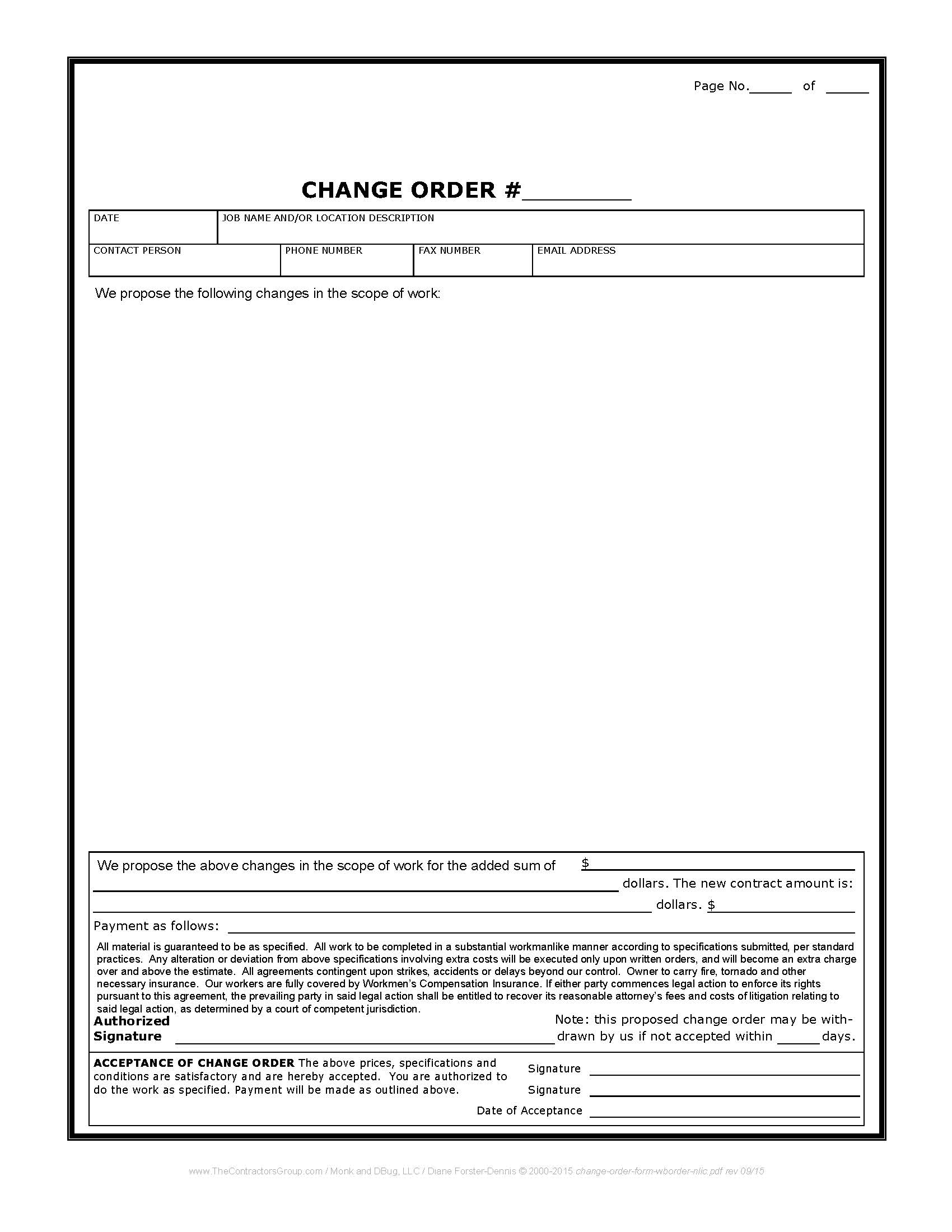
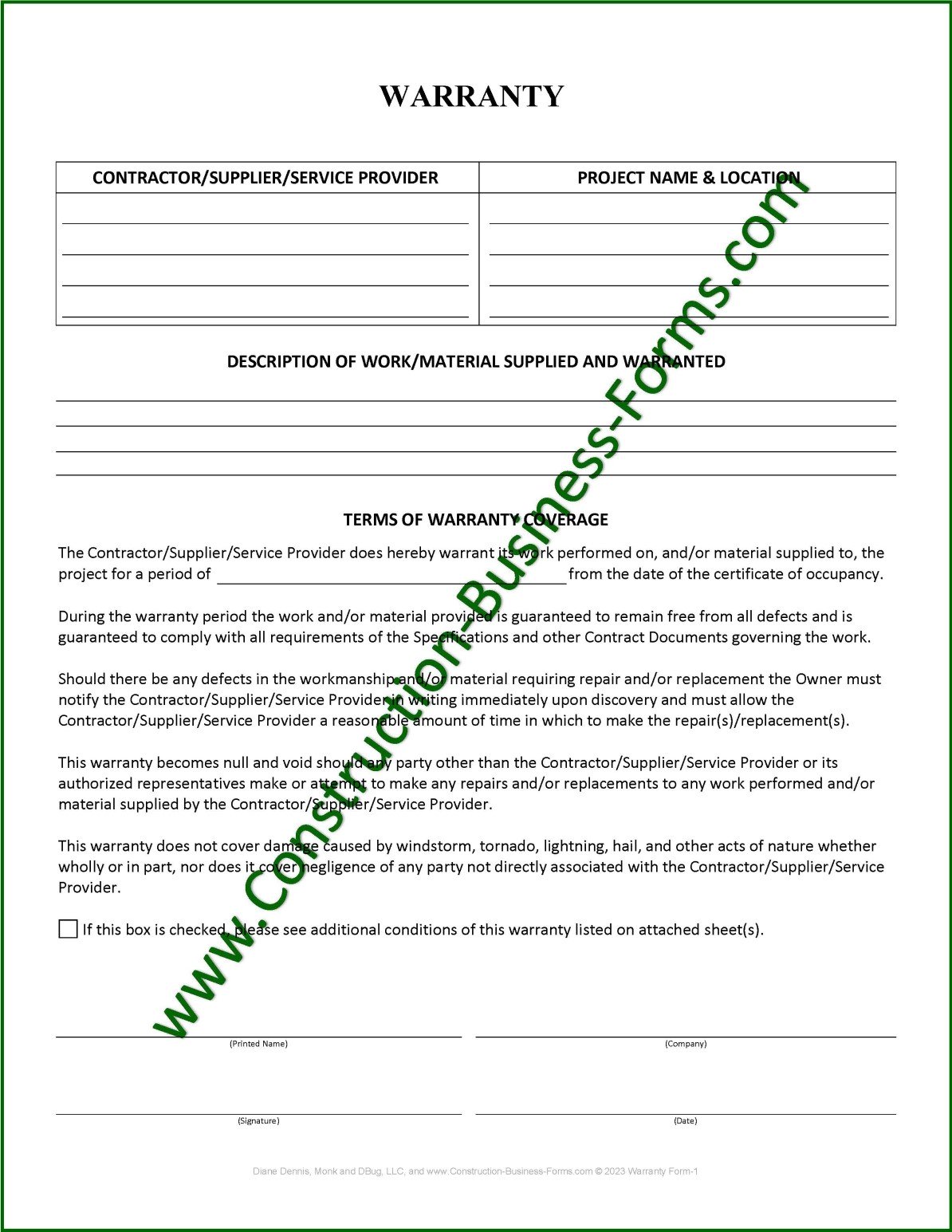
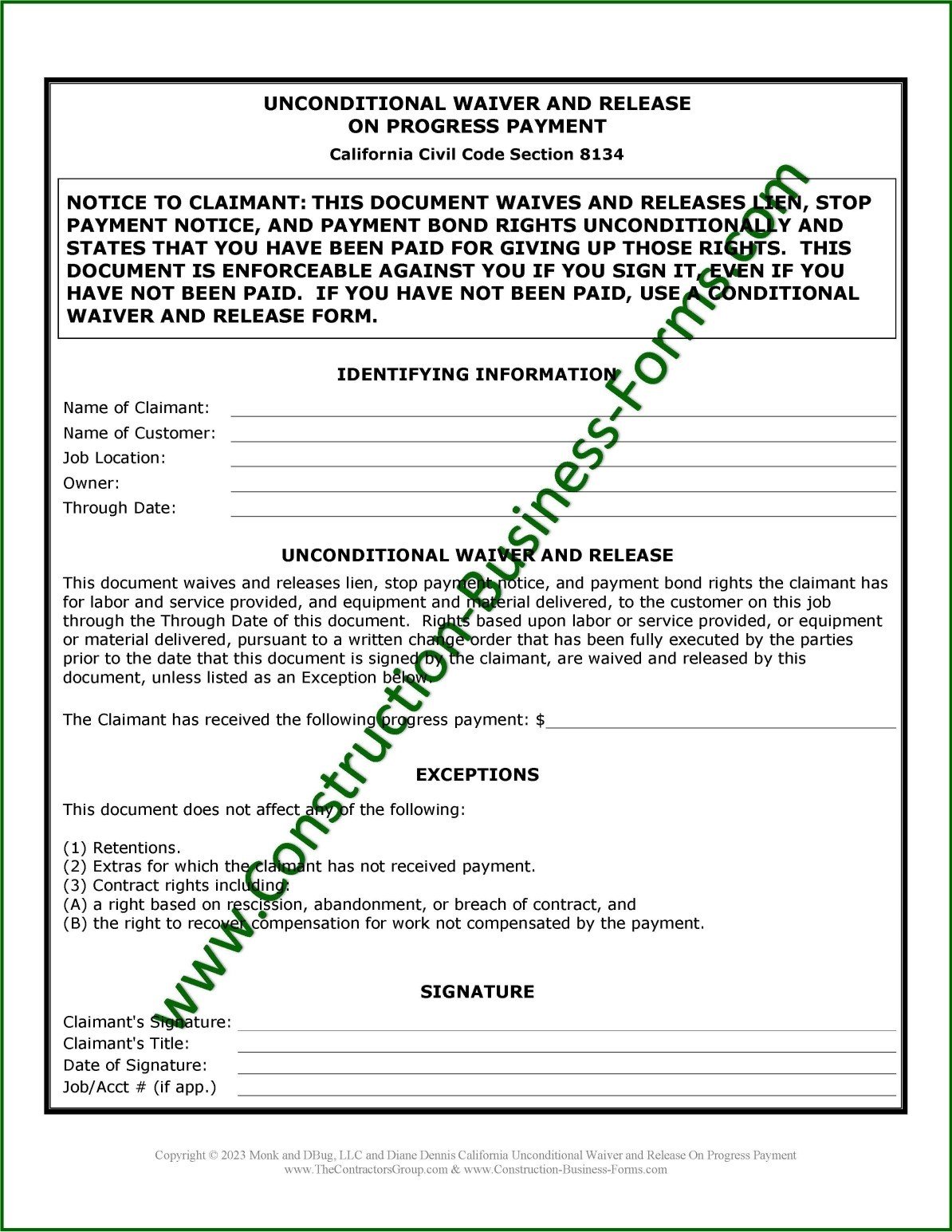
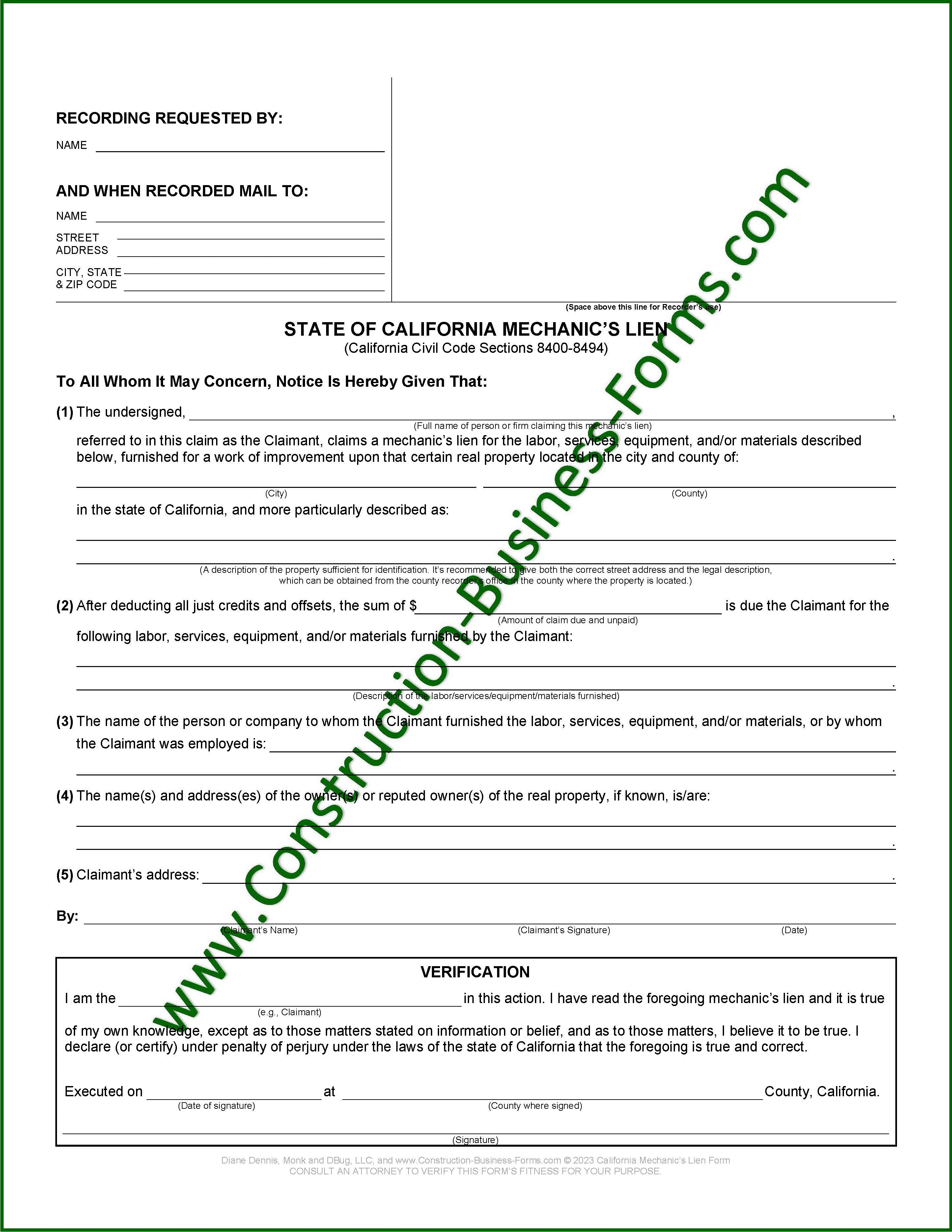
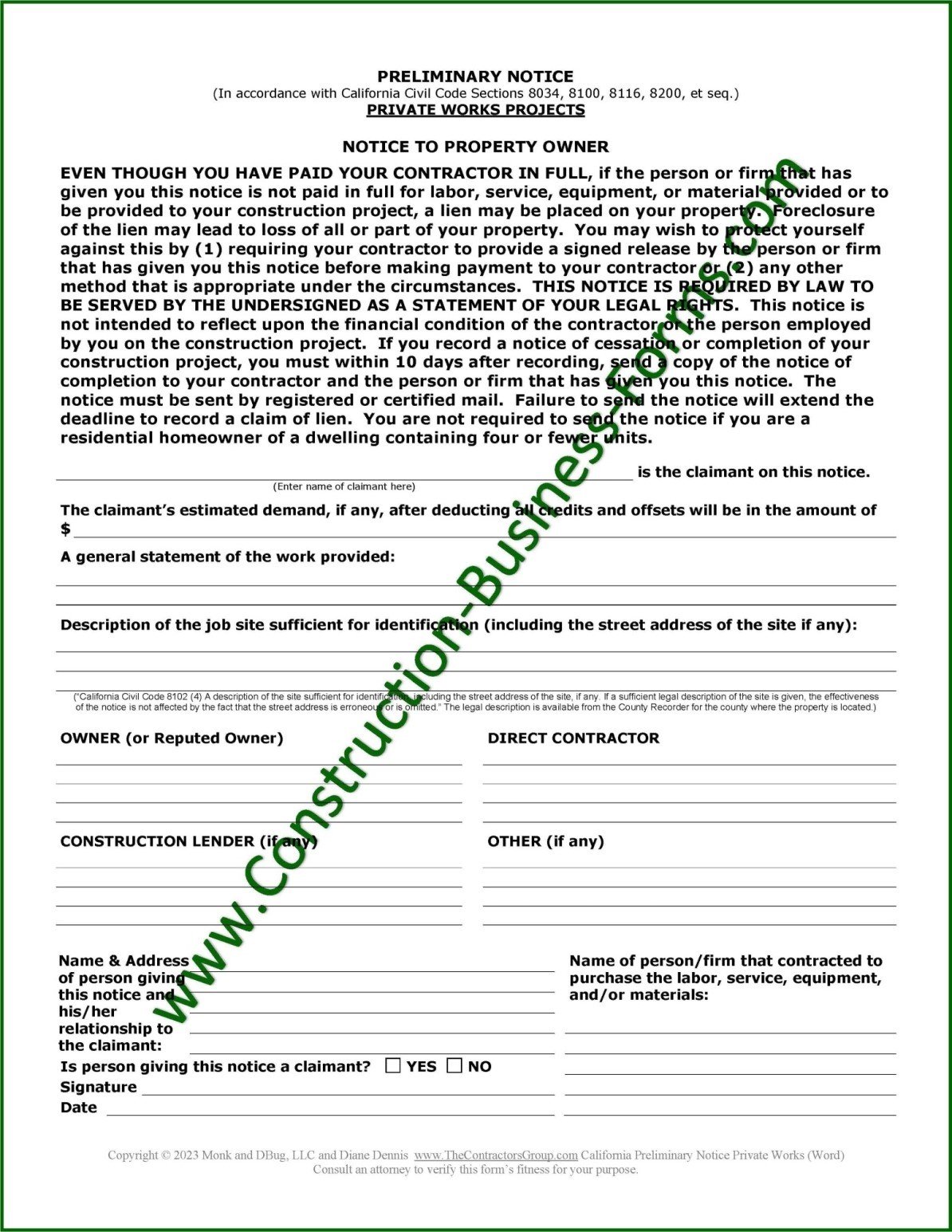



What do you think about what you just read?
Do you have any questions?
Please leave me a message below because I want to help and also because it tickles me to no end if you've enjoyed yourself enough here that you'd take the time to drop a note!